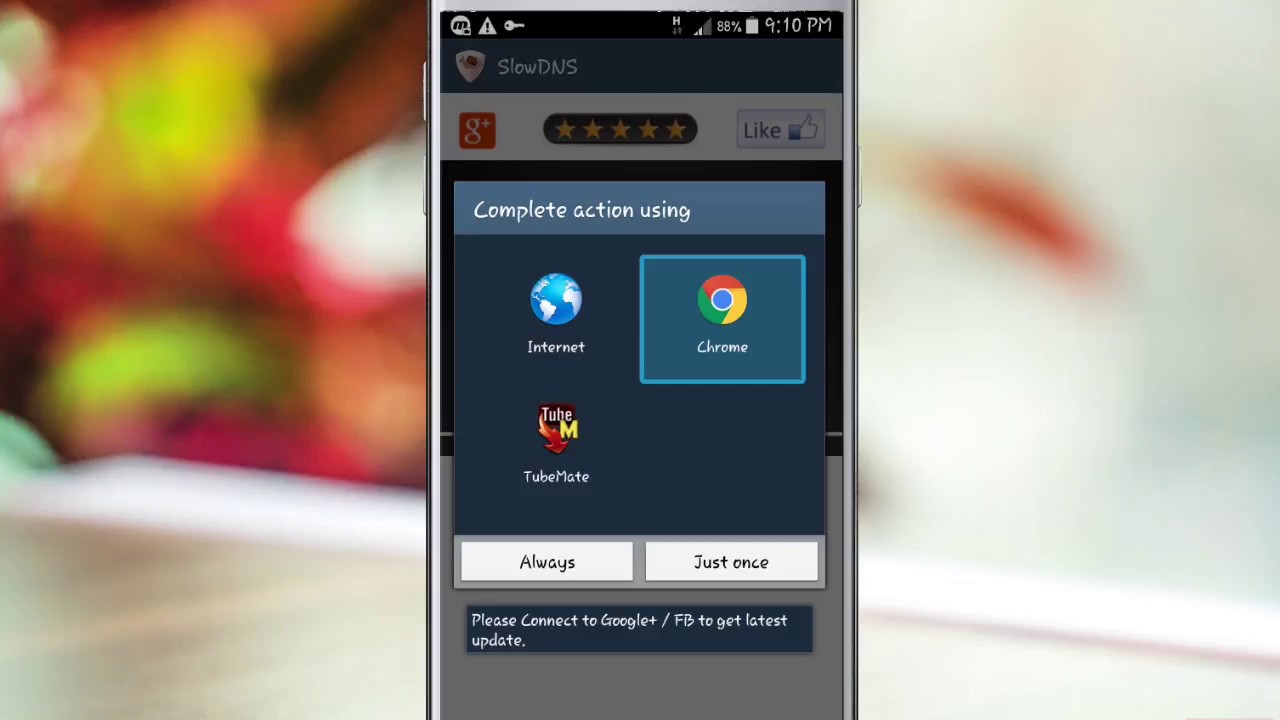Getting Free Internet with Slow DNS in 2018: A Step-by-Step Guide
In today’s digital age, having a reliable and fast internet connection is crucial for both personal and professional purposes. However, with the increasing demand for internet services, many internet service providers (ISPs) have started to charge higher rates for their services. This has led to a growing need for free internet options, which are often plagued by slow DNS speeds. In this article, we will explore a step-by-step guide on how to get free internet with slow DNS in 2018.
Step 1: Check if Your ISP Offers Free Internet Options
Before we dive into the technical aspects of getting free internet, it’s essential to check if your ISP offers any free internet options. Many ISPs offer free trials or promotional periods for new customers, which can help you get started with free internet. You can check your ISP’s website or contact their customer support to find out more about their free internet options.
Step 2: Understand the Concept of DNS
Understanding the concept of DNS (Domain Name System) is crucial for getting free internet with slow DNS. DNS is the process of translating domain names into IP addresses, which is necessary for accessing websites. Slow DNS speeds can result in delayed loading times, which can be frustrating. However, there are ways to optimize DNS for better performance.
Step 3: Optimize Your DNS Settings
To optimize your DNS settings, you need to choose a reliable DNS service provider. Some popular DNS service providers include Cloudflare, Google Public DNS, and OpenDNS. Each of these providers offers unique features and benefits, so it’s essential to research and choose the one that best suits your needs. Once you have selected a DNS service provider, follow the installation instructions to set up your new DNS settings.
Step 4: Use a VPN to Enhance Security
Using a virtual private network (VPN) can enhance your online security and privacy. A VPN encrypts your internet traffic, making it difficult for third-party snoops to intercept your data. There are many free VPN services available, such as TunnelBear and ProtonVPN, which can help you get started with securing your online activities.
Step 5: Choose the Right Browser and Use it Wisely
The browser you use can significantly impact your online experience, including DNS speeds. Choosing the right browser and using it wisely can help optimize your DNS settings. Some popular browsers, such as Chrome and Firefox, offer built-in DNS

